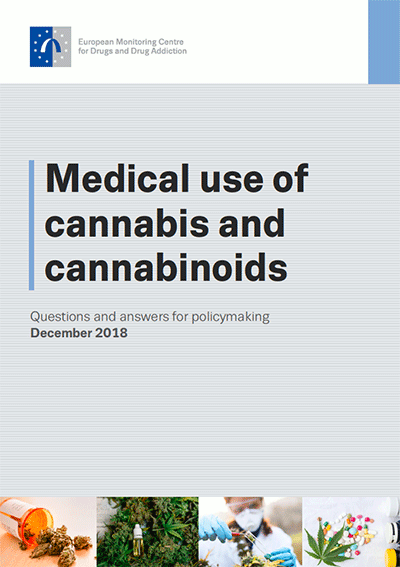[ Home ] [ Glossary ] [ Controlled Substances ]
|
Cannabinoids
Cannabis plants are chemical powerhouses that produce more than 400 different compounds. Not all of those compounds are unique to marijuana, of course, and appear in many other species of plants. That's why marijuana can smell like pine trees or taste like fresh lemons. But of those 400 compounds, more than 60 of them are totally specific to the plant genus Cannabis. Scientists call these special compounds "cannabinoids." However, not all cannabinoids are created equal. One of them, cannabidiol, or CBD, holds the key to the wide variety of medicinal and therapeutic effects marijuana offers.
THC is the compound most often associated with marijuana. It is one of the most prevalent cannabinoids found in the plant - sometimes occurring at concentrations up to 30%. Another major cannabinoid is CBD, or cannabidiol. CBD has received a lot of attention for its medical benefits and lack of psychoactive effects. CBD offers many health benefits, but without the high that comes from THC. This is because, unlike THC, CBD doesn't bind to CB1 receptors in the brain. Cannabis growers have managed to breed strains with high levels of CBD (10-20%).
There are two main types of cannabinoids - those found naturally in the body, and those found in the cannabis plant.
|



